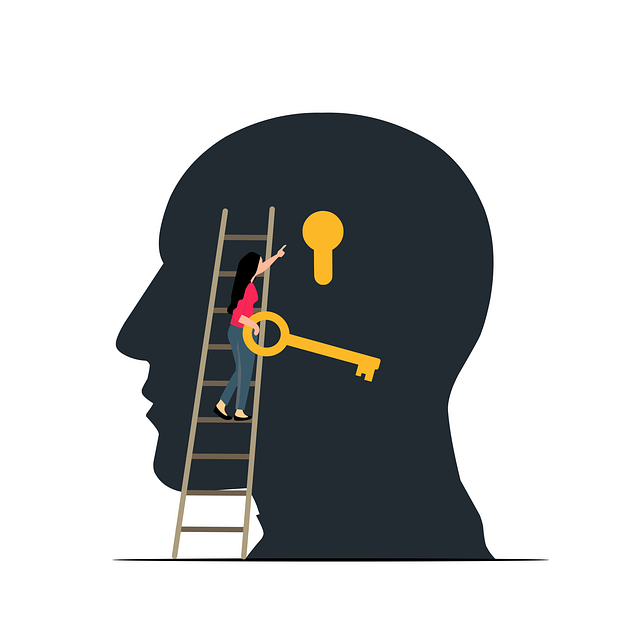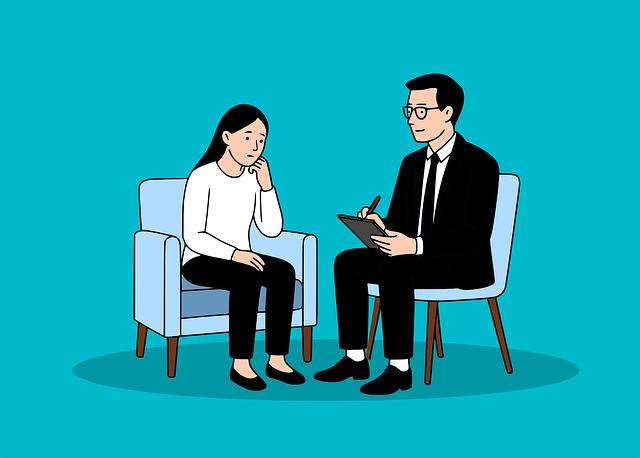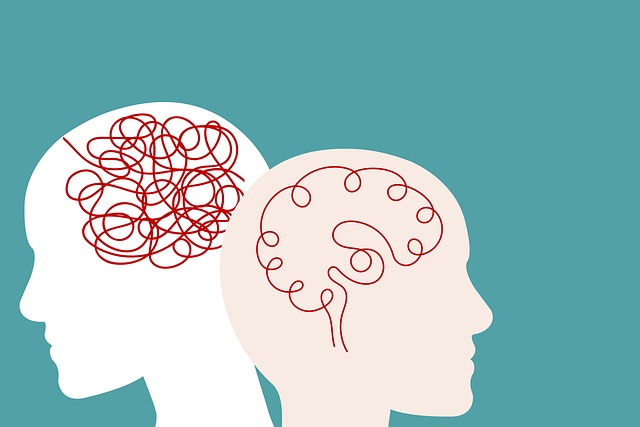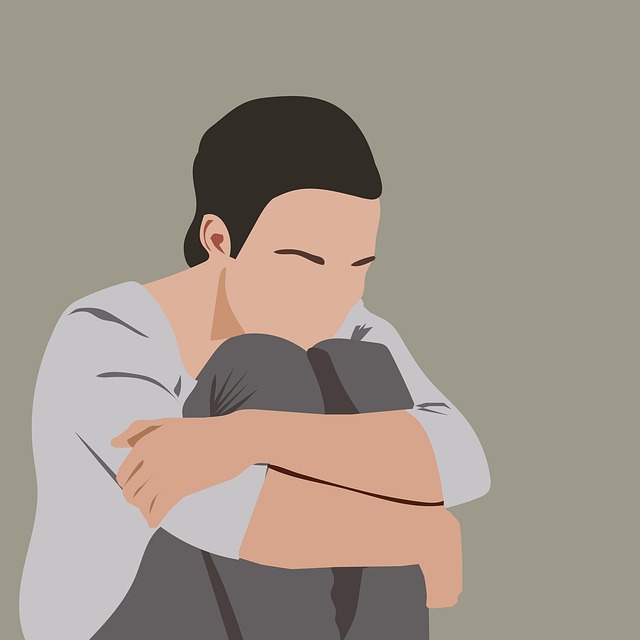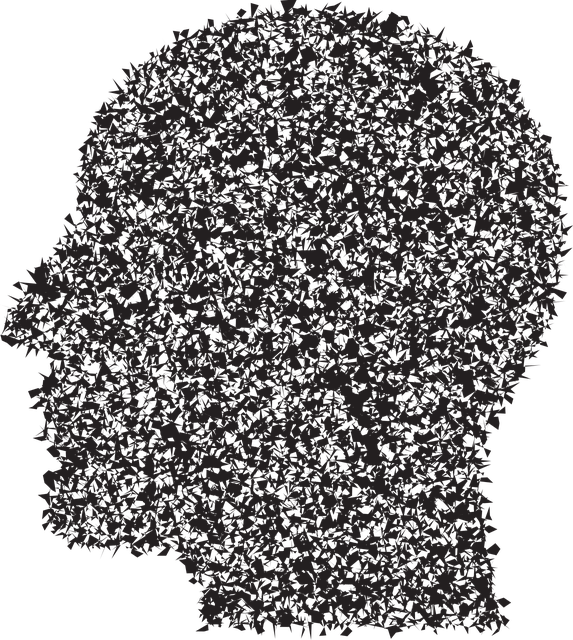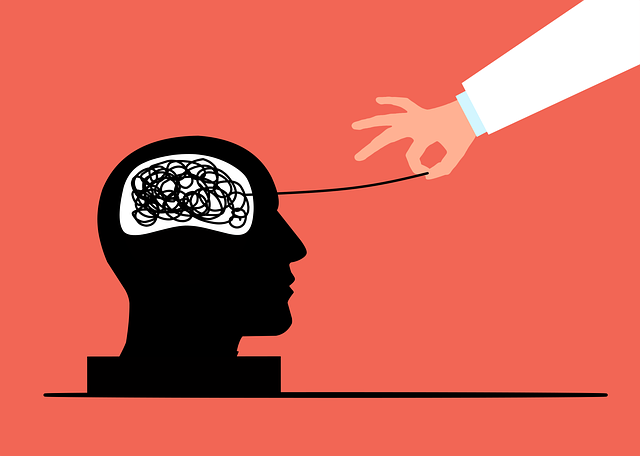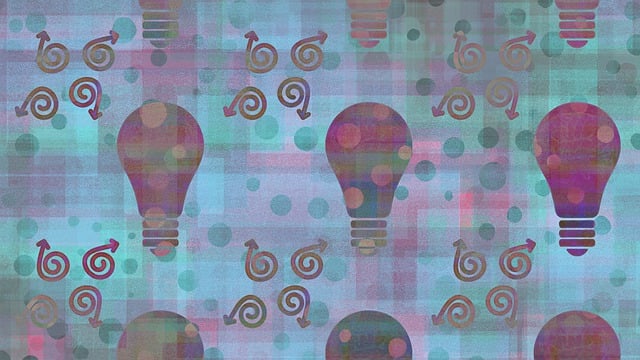The text addresses the significant impact of stigma on individuals with mental illness, leading to isolation and worsening symptoms. It introduces Golden EMDR Therapy as a promising treatment for trauma-related disorders, combining Eye Movement Desensitization and Reprocessing (EMDR) with mindfulness techniques. The article also emphasizes the role of Healthcare Provider Cultural Competency Training and Mental Wellness Podcast Series in reducing prejudice and creating inclusive environments. Community education, media representation, and personal recovery stories are highlighted as powerful tools to destigmatize mental illness and promote empathy, fostering a supportive network for those affected.
Mental illness stigma, a pervasive barrier to seeking help, continues to burden individuals and communities. This article explores targeted efforts to reduce this damaging social construct, focusing on understanding its profound impact on mental health. We delve into innovative approaches like Golden EMDR Therapy, a revolutionary method offering new hope for healing. Additionally, we examine the roles of community education, media influence, and personal narratives in fostering empathy and acceptance, ultimately empowering positive change.
- Understanding Stigma and Its Impact on Mental Health
- Golden EMDR Therapy: A Revolutionary Approach to Healing
- Educating Communities: Breaking Down Stigma Barriers
- The Role of Media and Social Influence in Stigma Reduction
- Personal Stories: Empowering Voices for Change
Understanding Stigma and Its Impact on Mental Health

Stigma surrounding mental illness is a significant barrier to individuals seeking help and support for their well-being. It often manifests as negative attitudes, stereotypes, or beliefs that can lead to discrimination and isolation. This societal stigma can have profound effects on an individual’s mental health, exacerbating symptoms of depression, anxiety, and other conditions. It may discourage people from openly discussing their struggles, thus hindering early intervention and effective treatment.
Efforts to reduce mental illness stigma are crucial for creating a more inclusive and supportive environment. One innovative approach gaining recognition is Golden EMDR Therapy, which combines Eye Movement Desensitization and Reprocessing (EMDR) techniques with mindfulness strategies. This method has shown promise in treating trauma and improving overall mental wellness. Additionally, Healthcare Provider Cultural Competency Training equips professionals to address stigma through empathetic communication and culturally sensitive practices. Moreover, engaging in Mental Wellness Podcast Series Production can amplify positive narratives about mental health, fostering understanding and reducing prejudice.
Golden EMDR Therapy: A Revolutionary Approach to Healing

Golden EMDR Therapy has emerged as a revolutionary approach to healing mental illness, particularly effective for those dealing with trauma and its associated symptoms. This innovative therapy combines elements of Eye Movement Desensitization and Reprocessing (EMDR) with other evidence-based techniques to facilitate conflict resolution within the brain. By targeting specific memories and associations, Golden EMDR Therapy helps individuals process traumatic events in a safe and controlled manner, reducing the power they hold over one’s life.
This therapy goes beyond traditional talk therapy by incorporating dynamic interactions and sensory experiences to enhance the healing process. The use of bilateral stimulation, often through side-to-side eye movements or other rhythmic techniques, allows the brain to process traumatic memories differently, desensitizing individuals to associated distress and promoting mental wellness. As a result, those who undergo Golden EMDR Therapy can experience significant improvements in their overall mental health, leading to better coping skills, increased resilience, and improved quality of life. This approach has gained recognition among healthcare providers and is increasingly integrated into Mental Wellness Podcast Series Production, Healthcare Provider Cultural Competency Training, and other specialized programs aimed at reducing stigma and promoting understanding around mental illness.
Educating Communities: Breaking Down Stigma Barriers

In the ongoing battle against mental illness stigma, educating communities serves as a powerful weapon. By implementing targeted initiatives that foster open dialogue and raise awareness, we can break down the barriers created by misconceptions and fear. This involves creating accessible spaces where individuals with mental health challenges can share their experiences, dispelling myths, and promoting empathy. Through community events, workshops, and educational programs, people learn about various conditions, treatment options like Golden EMDR Therapy, and the importance of self-care practices in supporting mental well-being.
Furthermore, integrating social skills training and burnout prevention strategies for healthcare providers into these education efforts is vital. These initiatives ensure that not only individuals with mental illness receive support but also those who dedicate their lives to helping others maintain resilience and avoid professional exhaustion. Together, these efforts create a supportive network that encourages early intervention, treatment seeking, and overall stigma reduction.
The Role of Media and Social Influence in Stigma Reduction

The media plays a pivotal role in shaping societal perceptions about mental health. Traditional and social media platforms have immense influence over public opinion, making them powerful tools for stigma reduction. Responsible media coverage can humanize mental illness by sharing diverse narratives and experiences, fostering empathy among viewers and readers. This shift in perspective is crucial to breaking down the barriers associated with seeking help.
Furthermore, social influencers can significantly contribute to this cause. Many individuals with personal stories of overcoming mental health challenges have become advocates, using their platforms to raise awareness and offer support. By sharing their journeys, these influencers can encourage others to embrace open conversations about mental wellness. Golden EMDR Therapy, for instance, has gained recognition as an effective approach to treatment, and its advocacy by influential voices can help destigmatize alternative healing methods. Effective communication strategies and emotional intelligence are also enhanced through media representation, allowing for better understanding and reduced judgment towards those dealing with mental health issues.
Personal Stories: Empowering Voices for Change

Personal stories of overcoming mental illness can be incredibly powerful tools in the fight against stigma. When individuals share their journeys, they humanize a condition that is often misunderstood and fear-inducing. These narratives offer a glimpse into the complexities of mental health struggles, challenging societal perceptions and promoting empathy. Through sharing their experiences, survivors can educate others, dispel myths, and inspire hope—a vital component in the quest for stigma reduction.
For instance, Golden EMDR Therapy, an innovative approach to treating post-traumatic stress disorder (PTSD), has seen success stories emerge, highlighting its effectiveness in depression prevention. By encouraging patients to recall traumatic memories while simultaneously focusing on specific sensory details, this therapy facilitates healing and empowers individuals to reclaim their lives. Such personal accounts not only contribute to mental health policy analysis and advocacy but also serve as a call to action for creating more inclusive communities where empathy building strategies thrive.
In addressing mental illness stigma, a multi-faceted approach is essential. By understanding the profound impact of stigma on mental health, adopting innovative therapies like Golden EMDR, and empowering education and personal narratives, we can forge a path towards a more accepting society. The collective efforts of communities, media, and individuals are vital to breaking down barriers and ensuring everyone receives the support and care they need for improved mental well-being.
